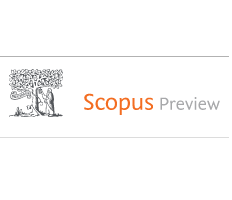From a circular plastic economy perspective, a new configuration of Metal Acetylacetonate Bidentate Ligand Interaction (MABLI) mechanism adapted to the chemistry of the recyclable Elium® thermoplastic resins has been recently discovered to initiate the free radical polymerization of these resins under mild conditions (under air, at room temperature, non-purified monomers, absence of hazardous chemical substances). This initiating strategy is based on the synergy between the initial MABLI couple and a phosphine oxide (Type I photoinitiator). Despite the absence of irradiation, the mere presence of the phosphine oxide reduced significantly the curing time and the final conversion obtained is nearly 100 %. In order to dismantle the role of each component and to predict new high-performance MABLI redox initiating systems based on a similar configuration, a mechanistic study was pursued. It has resulted in the identification of new hybrid complexes obtained by ligand exchange between the photoinitiator and the metallic complex. On the other hand, presence of the Type I photoinitiator can level up the initiating strategy by combining MABLI and photoactivation into a dual cure approach: thereby, the photolysis yield and the polymerization efficiency of the complexed form of the phosphine oxide was studied and compared to the free form of the photoinitiator.
Pour en savoir plus : Synergistic approach of type I hybrid complexes for highly efficient metal-based initiating strategies: Toward low energy-consuming polymerization for thermoplastic composite implementation

